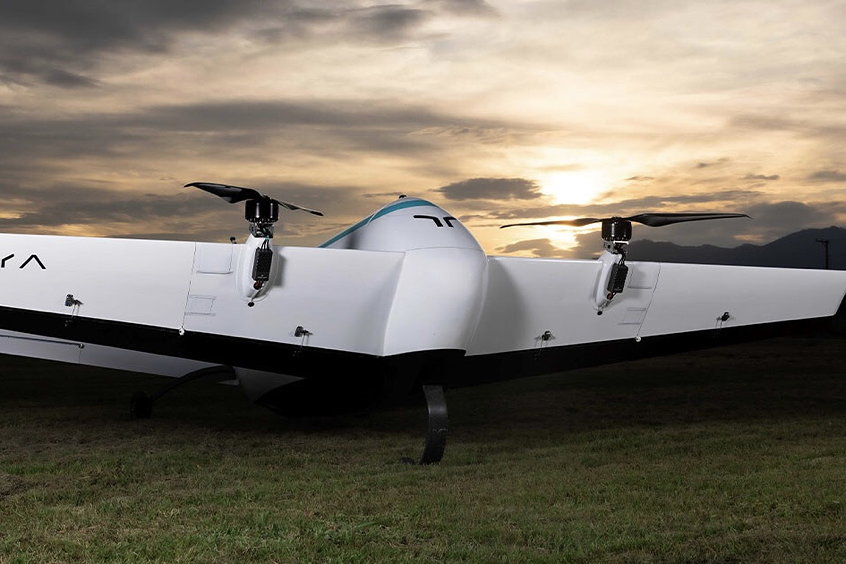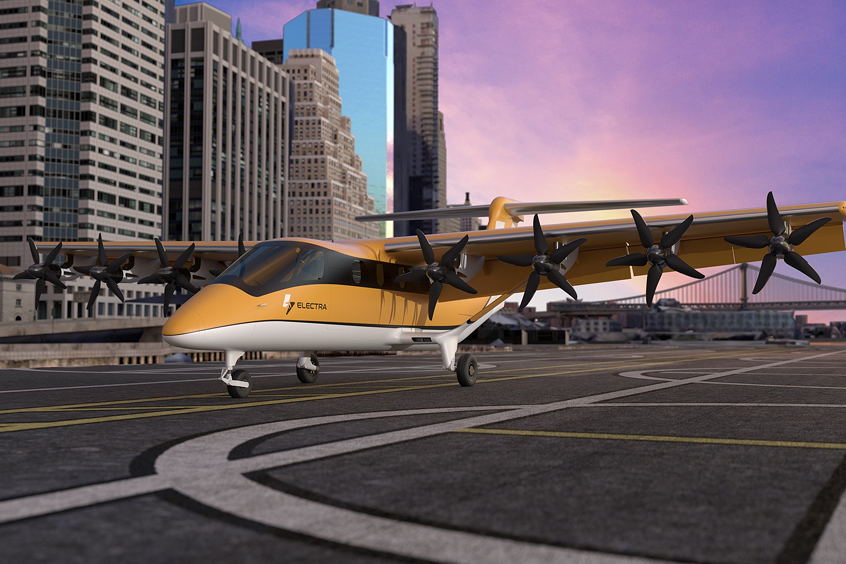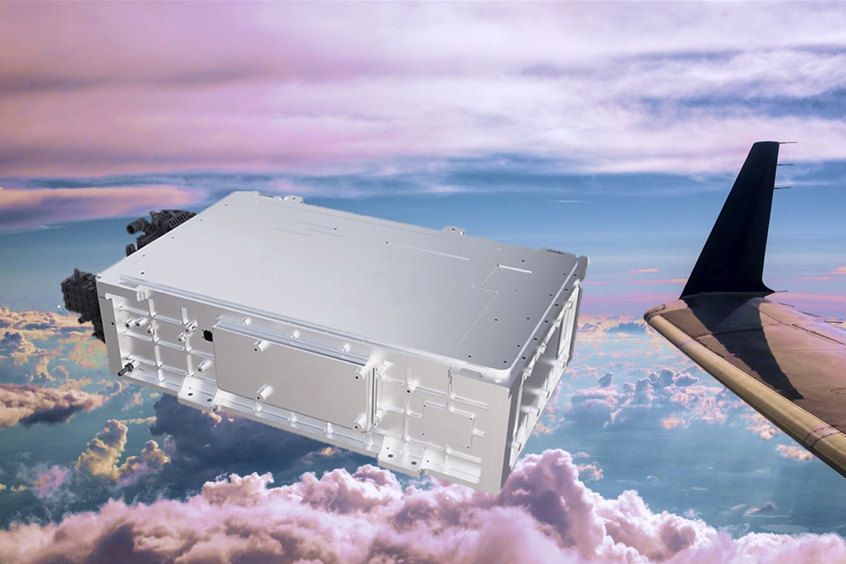CAE today announced that it has begun deployment to customers of its full-flight simulators (FFS) equipped with the new ultra-realistic 3D visual system using gaming technology, the CAE Prodigy Image Generator (IG). Air Canada is the launch customer, with a new CAE Prodigy-equipped Airbus A320 FFS which was put into service at its training facility in Vancouver, Canada. As of now, CAE Prodigy is available on new FFS for all commercial and business aircraft models, and as an upgrade package on already deployed FFS, providing an ultra-realistic and immersive pilot training experience.
CAE is the first leading aviation simulation and training organization to seamlessly integrate a gaming engine into its FFS visual system and achieve level D qualification from Transport Canada, the highest level of qualification for a FFS. CAE achieved this by adapting Epic Games' Unreal Engine to build a high-end image generator product.
“CAE Prodigy elevates training standards with photorealistic renderings, enhanced moving models, resulting in a more immersive environment. It improves visual simulation fidelity, making training not only more realistic but also more effective. CAE Prodigy supports a range of projection technologies, ensuring flexibility and scalability across different training devices, making it a game changer in the industry,” said CAE’s Chief Technology and Product Officer, Emmanuel Levitte. “This impressive innovation required a unique mix of domain expertise and game engine knowhow, which is why we leveraged the game development expertise of Montreal-based game studio Behaviour Interactive for this project.”
“We’re celebrating the first customer deployment of a new simulator equipped with CAE Prodigy, and we’re proud to have Air Canada as our launch customer for this Canadian innovation, as we have a long tradition of collaboration to introduce new technology to the market,” said Michel Azar-Hmouda, CAE Division President, Commercial Aviation. “But this is only the beginning for CAE Prodigy as we will be deploying this ultra-realistic visual system on other CAE full-flight simulators over the coming months both in new simulators and in update packages for customers.”
“Air Canada has worked in close collaboration with CAE for more than a year to support the introduction of this new flight simulator technology and we are excited to see it come online at our expanded training facility in Vancouver. The new system further strengthens safety by bringing enhanced realism to the simulator environment and improves the already leading training we provide our pilots. It will allow for improved low visibility training, as well as more realistic aircraft lighting in clouds, better sign readability as well as improved contaminate runway simulations. This new technology reinforces Air Canada’s commitment to providing the highest level of training to our pilots for the safety and comfort of our customers and crew,” said Murray Strom, Senior Vice President, Flight Operations and Maintenance at Air Canada.
This deployment at Air Canada marks the official release of CAE Prodigy for the civil aviation market. The next step in the product development roadmap includes new and improved capabilities to support Defense & Security simulator deployments.
| Contact details from our directory: | |
| CAE Inc. | Training, Training Consultants, Computer-aided Analysis, Simulation Services, Recruitment, Flight Simulators, Computer-aided Simulation, Accident Investigation, Simulation Systems |
| Related aircraft programs: |
| Airbus A320 |
| Related directory sectors: |
| Aircraft Operations |
Weekly news by email:
See the latest Bulletin, and sign up free‑of‑charge for future editions.

Altair collaborates with aerospace startup Moya Aero to develop eVTOLs

Electra reveals design for EL9 hybrid-electric aircraft
Piper Aircraft achieves AS9100 certification
